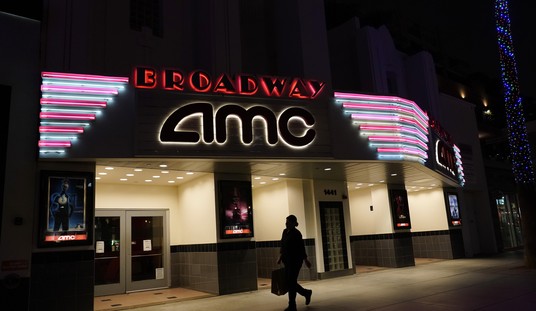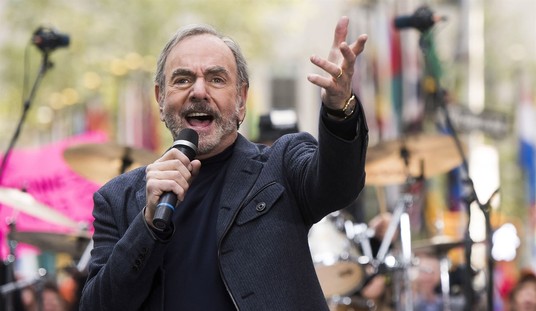Would you be surprised to discover that conservative organizations buy advertising on conservative talk shows? Would it further surprise you to discover that conservative talk-show hosts like conservative groups? If so, then keep your smelling salts handy for an upcoming case of the vapors from Politico:
If you’re a regular listener of Glenn Beck’s radio show and you wanted to contribute to a political group that would advance the populist conservative ideals he touts on his show, you’d have plenty of reason to think that FreedomWorks was your best investment.
But if you’re a fan of Mark Levin’s radio show, you’d have just as much cause to believe that Americans for Prosperity, a FreedomWorks rival, was the most effective conservative advocacy group. And, if Rush Limbaugh or Sean Hannity are who you listen to, you’d be hear a steady stream of entreaties to support the important work of the Heritage Foundation.
That’s not coincidence. In search of donations and influence, the three prominent conservative groups are paying hefty sponsorship fees to the popular talk show hosts. Those fees buy them a variety of promotional tie-ins, as well as regular on-air plugs – praising or sometimes defending the groups, while urging listeners to donate – often woven seamlessly into programming in ways that do not seem like paid advertising.
“The point that people don’t realize,” said Michael Harrison, founder and publisher of the talk media trade publication TALKERS Magazine, “is that (big time political talk show hosts) are radio personalities – they are in the same business that people like Casey Kasem are in – and what they do is no different than people who broadcast from used car lots or restaurants or who endorse the local roofer or gardener.”
Harrison is dead right in this assessment. Sponsors — also known as advertisers — often get promotional tie-ins to the shows they underwrite. On our Saturday NARN broadcasts, we have broadcast at a number of “remotes” to promote a retail outlet, which has to pay a considerable fee for that kind of event (and which are actually a lot of fun for the hosts).
In fact, FCC regulations require that organizations have to establish a public sponsorship of a radio program through the station or syndicator for hosts to engage in that kind of support, rather than a private arrangement directly with the host. The latter is called payola and can result in prosecution, large fines, and loss of broadcast licenses. It’s practically the first lesson any radio station teaches a host. That doesn’t mean that a host can’t offer his/her support to an organization without getting any kind of compensation, but it had better be clear that there is no monetary relationship between the two.
The claim that “Those fees buy them a variety of promotional tie-ins, as well as regular on-air plugs” describes all commercial radio, not just talk shows and not just conservatives. Advertisers buy time to get those on-air plugs, and usually pay extra for live reads and promotional tie-ins. It’s about as explosive a revelation as the fact that car prices vary depending on how well a consumer dickers, or that mail-order products can differ in quality.
Next week from Politico: Boiling water can often be unsafe for bathing.








Join the conversation as a VIP Member